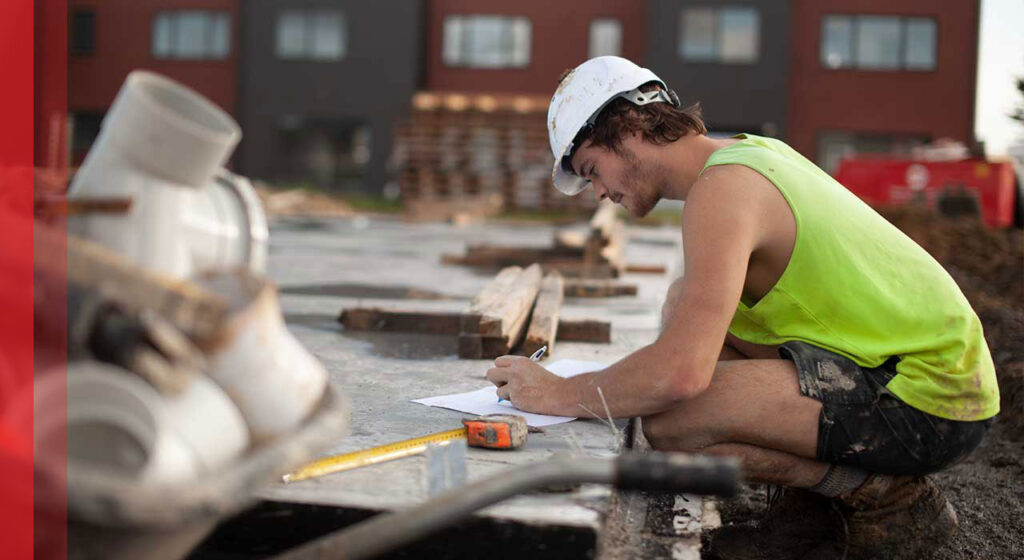Efficient plumbing maintenance is essential for ensuring the smooth functioning and longevity of your home’s plumbing system. Regular upkeep not only prevents costly repairs but also conserves water and minimizes the environmental impact. Here are some key tips for efficient plumbing maintenance to keep your home’s plumbing in top-notch condition. Firstly, conduct routine inspections of all visible plumbing components. Look for signs of leaks, corrosion, or damage in pipes, faucets, and fixtures. A small leak may seem insignificant, but over time, it can cause significant water wastage and escalate into a major problem. Addressing issues early on can save you money and prevent water damage to your property. Secondly, keep your drains clear to prevent clogs. Avoid pouring grease, oil, or coffee grounds down the kitchen sink, as they can solidify and obstruct the pipes. In bathrooms, use drain catchers to catch hair and other debris that could clog the pipes. Regularly clean these catchers to ensure they function optimally.

Thirdly, be mindful of what you flush down the toilet. Flushing items like baby wipes, cotton balls, and sanitary products can lead to blockages in the sewer line. Stick to flushing only toilet paper and human waste to maintain a clear and functional plumbing system. Fourthly, check the water pressure in your home. High water pressure might seem beneficial for showers and faucets, but it can strain the plumbing system and lead to leaks and bursts. Consider installing a pressure regulator to maintain a safe and efficient water pressure level. Fifthly, protect your pipes during cold weather to prevent freezing and potential bursts. Insulate exposed pipes, especially in unheated areas of your home. During extremely cold temperatures, let faucets drip to keep water flowing and reduce the risk of freezing. Sixthly, be mindful of what you plant near your outdoor plumbing. Tree roots can infiltrate and damage underground pipes, leading to leaks and blockages. Plan landscaping wisely to avoid such issues. Seventhly, regularly inspect and maintain your water heater.
Flushing the tank annually helps remove sediment buildup and ensures the heater operates efficiently. Check for any signs of leakage or corrosion and promptly address them plumber noble park north. Eighthly, educate your family members about water conservation practices. Encourage shorter showers, turning off the tap while brushing teeth, and fixing leaky faucets promptly. Small changes in daily habits can lead to significant water savings over time. Finally, when faced with plumbing issues beyond your expertise, do not hesitate to call a professional plumber. Attempting DIY repairs on complex plumbing problems may worsen the situation and lead to higher repair costs. In conclusion, efficient plumbing maintenance is a combination of vigilance, responsible practices, and timely professional intervention. By taking proactive steps and caring for your home’s plumbing system, you can ensure its optimal performance, extend its lifespan, and contribute to water conservation efforts for a greener and more sustainable future.

